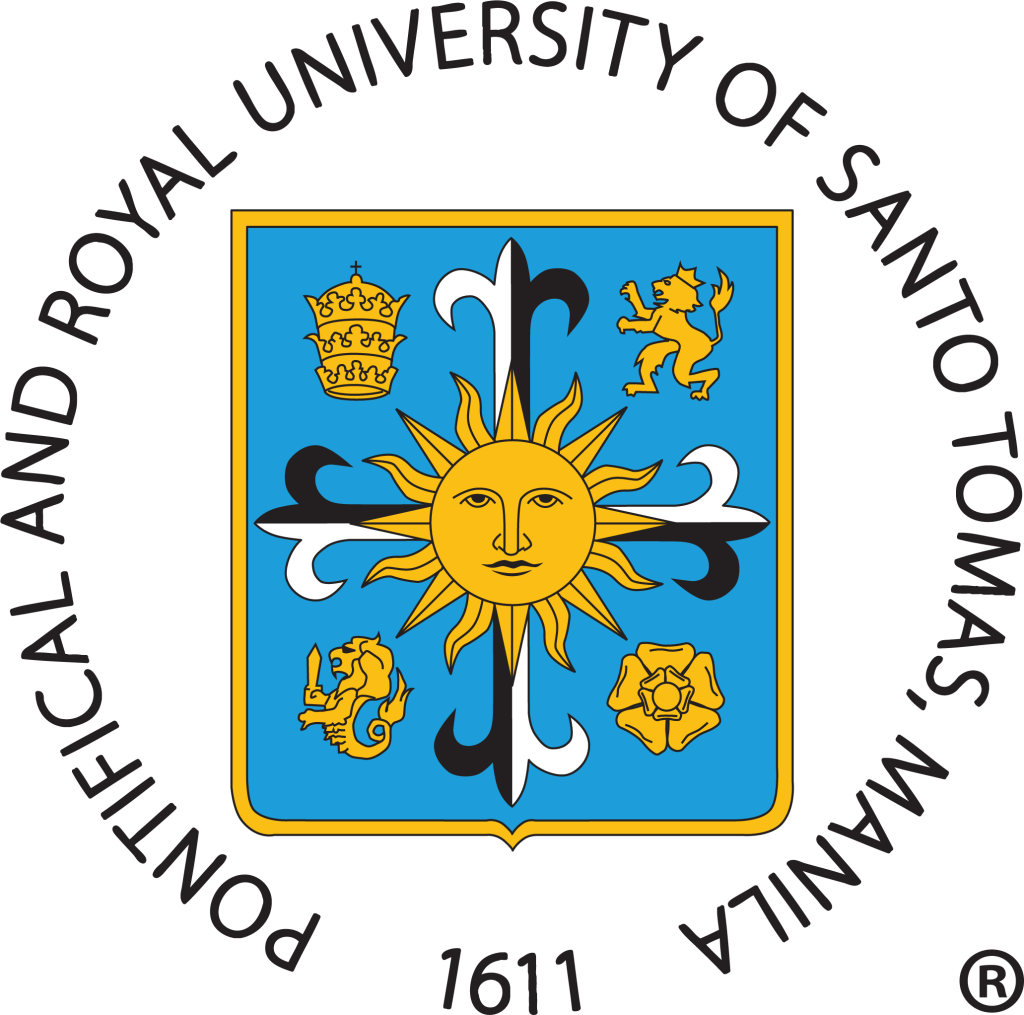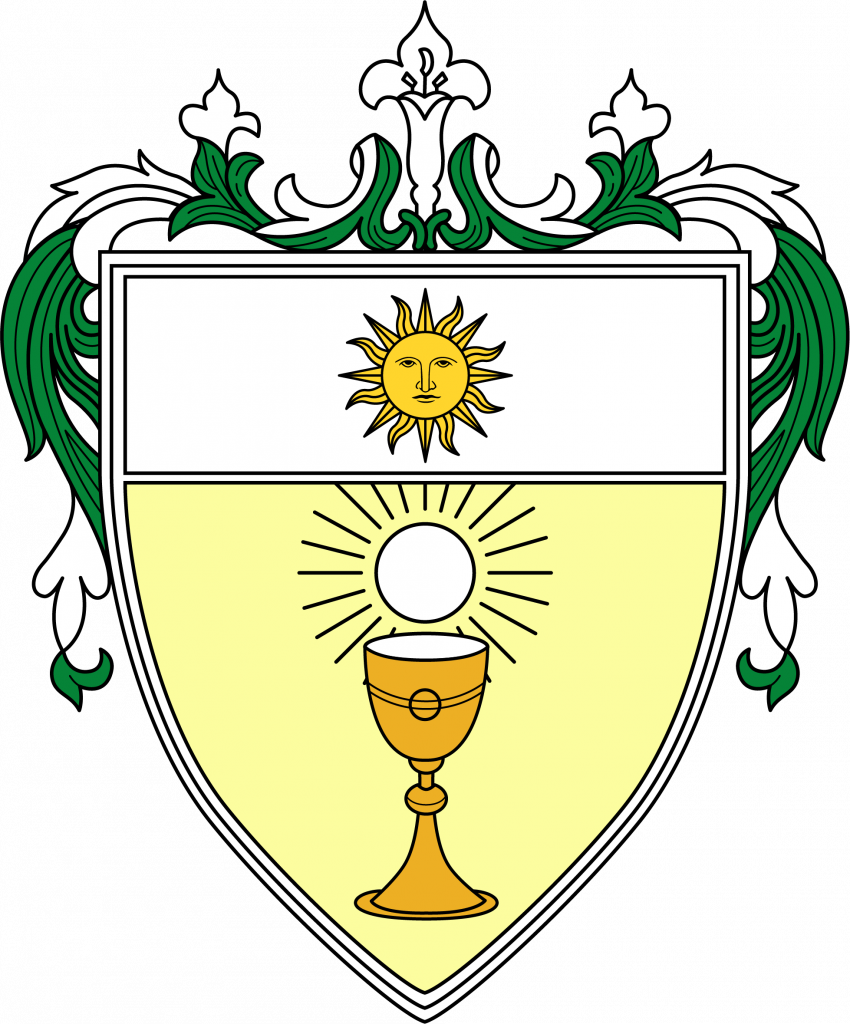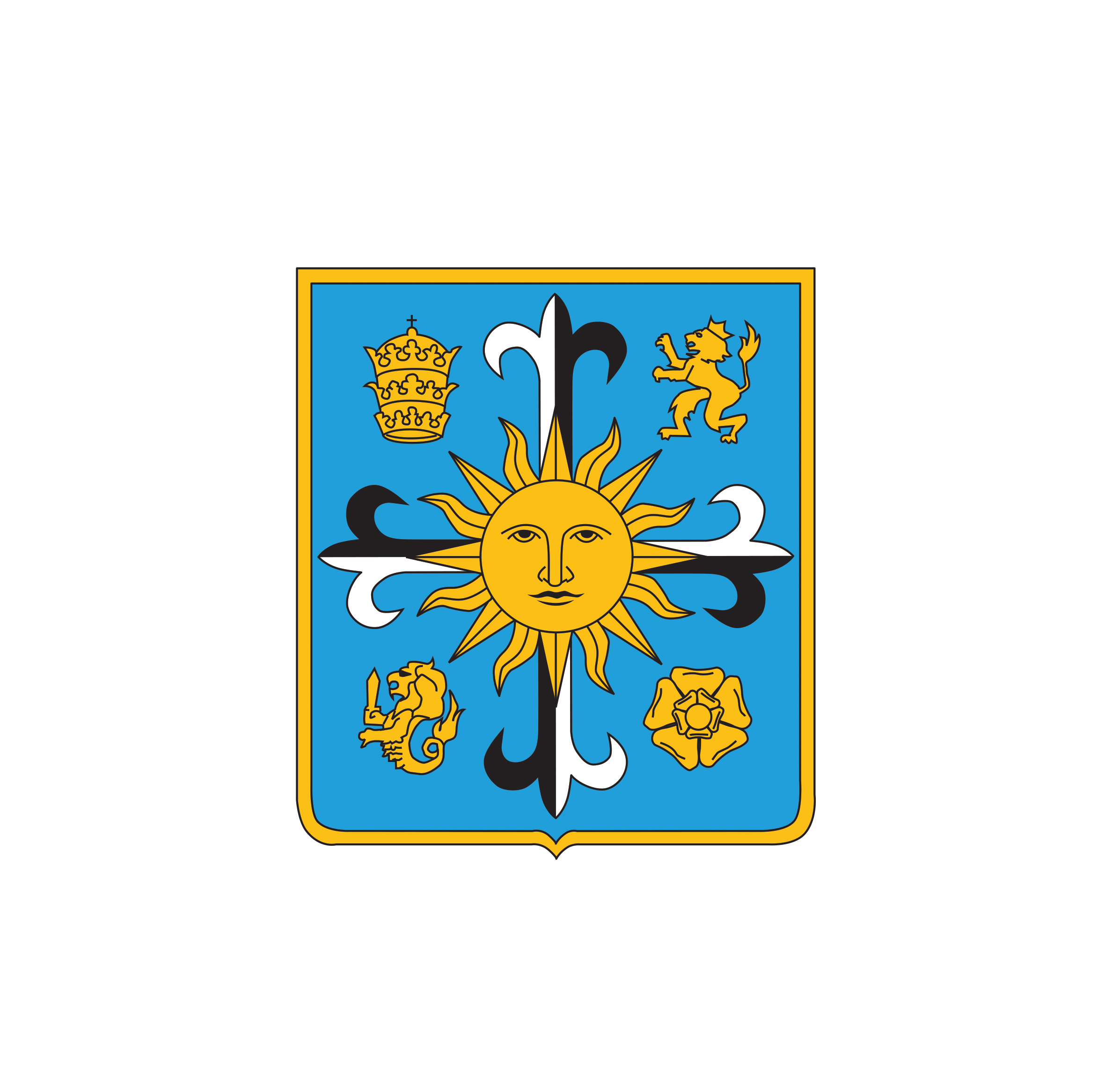


The Faculty of Sacred Theology is as old as the University itself because the Foundational Act of the University on April 28, 1611 stated the establishment of a colegio-seminario (Villaroel 2012, p.37). The permission to confer academic degrees was granted in 1619 and the first graduates were given their academic degrees in 1629 or 1630 (Villaroel 2012, p. 52). The Brief In Supereminenti, given on November 20, 1645 during the Pontificate of Innocent X, elevated the Colegio into a University whose granted degrees are to be recognized as valid anywhere. This recognition also allows those who are not pursuing an ecclesiastical career to apply for degrees in the University of Santo Tomas.
Throughout centuries, the Ecclesiastical Faculty of Sacred Theology has produced prominent personalities including martyrs, saints and heroes. Among the Thomasian martyrs who died during the persecution of the Christians in Japan and Vietnam, and during the civil war in Spain, were professors and graduates of the Faculty.
Being one of the only two Ecclesiastical Faculties of Theology in the Philippines, the UST Faculty of Sacred Theology assists other institutes, schools or seminaries through the process of Affiliation, Aggregation or Incorporation that allows these non-Pontifical schools / seminaries / institutes to offer Ecclesiastical degrees in Theology. Currently, the Faculty of Sacred Theology has four Affiliated schools/seminaries (Holy Rosary Major Seminary of the Archdiocese of Caceres, Immaculate Conception School of Theology of the Archdiocese of Nueva Segovia, Recoletos School of Theology of the Augustinian Recollects, and the Dominican Center of Studies of the Dominicans in Vietnam). It also has one Aggregated Institute, the College of Theology of the Catholic University of Korea (Seoul, South Korea), and one Incorporated Institute (Institute for Consecrated Life in Asia of the Claretian Missionaries in Quezon City, Philippines).
Together with the other two Ecclesiastical Faculties of the University of Santo Tomas, the Faculty of Sacred Theology has contributed to the intellectual formation of the members of the present-day Catholic hierarchy and clergy in the Local Church of the Philippines and other Asian countries particularly Bangladesh, China, India, Malaysia, Myanmar, Indonesia, South Korea, Sri Lanka, Thailand and Vietnam. Some countries from Africa (Kenya, Ghana, Nigeria, Tanzania and Zimbabwe) and Oceania (particularly Papua New Guinea and Vanuatu) also send their seminarians and priests to complete their degrees in the Philippines’ oldest existing Ecclesiastical Faculties.
The Faculty of Sacred Theology is an integral part of the University of Santo Tomas. Other specialized Institutes may be established under the jurisdiction of the Dean.
The Faculty of Sacred Theology aims to:
- profoundly study and systematically explain, according to the scientific method proper to it, the Catholic doctrine, derived with greatest care from divine revelation (Veritatis Gaudium, Art. 69);
- cultivate and promote its own disciplines through scientific research, by establishing or availing itself of specialized research centers, by publishing scientific journals and collections, and by organizing and/or participating in scientific workshops or conferences;
- do an exposition of the Truth, without any change to such Truth, that is adapted to the nature and character of the local culture, taking special account of the philosophy and wisdom of the local people (see Veritatis Gaudium, 71, §1);
- take special care for the scientific theological formation of those preparing for the priesthood and those preparing to hold some particular ecclesiastical office (Veritatis Gaudium, 76, §1);
- collaborate effectively in the work of evangelization, in close communion with the hierarchy of the Universal as well as of the Local Church, in its pastoral, doctrinal, ecumenical and missionary undertakings;
- share in the University’s responsibility to be an educative community permeated with the spirit of freedom and charity (Declaration on Christian Education Gravissimum Educationis, # 8); and become, in word and witness, a fraternal Christian community, nourished by prayer and the celebration of the Eucharist.
The Faculty of Sacred Theology is governed by the following laws:
- the common law of the Church,
- the Apostolic Constitution Veritatis Gaudium and its Norms of Application, including the other norms laid down by the Apostolic See,
- the General Statutes of the University of Santo Tomas in so far as they are not inconsistent with the particular statutes of the Ecclesiastical Faculties, and
- the General Statutes of the Ecclesiastical Faculties approved by the Congregation for Catholic Education.
In addition, the Faculty is governed by the following regulations:
- the norms issued by the Rector in accordance with the statutes of the three ecclesiastical faculties,
- the rules issued by the Dean with the Faculty Council in accordance with the statutes;
- the legitimate customs related to the Faculty in so far as they are in conformity with the laws of the Church and have been recognized by the authorities of the Faculty.
The Faculty is under the patronage of Saint Thomas Aquinas, a Dominican priest and doctor of the Church. A renowned philosopher and theologian, he is the patron of the University of Santo Tomas itself and of all Catholic students and universities. His feastday is observed every January 28.

© Copyright 2025 . UST Ecclesiastical Faculties . All Rights reserved.